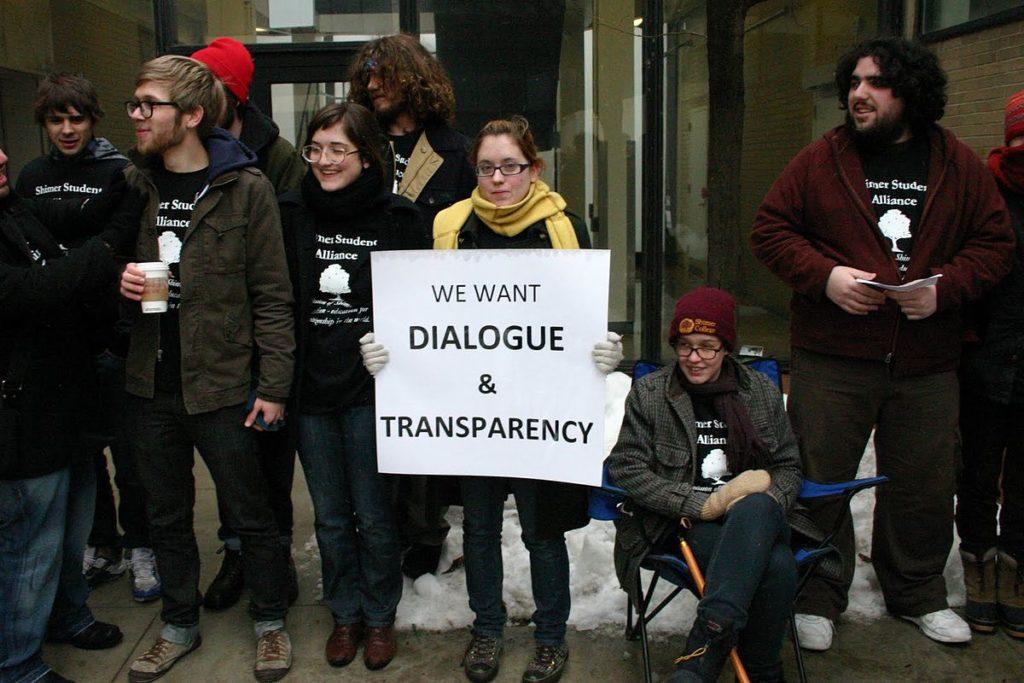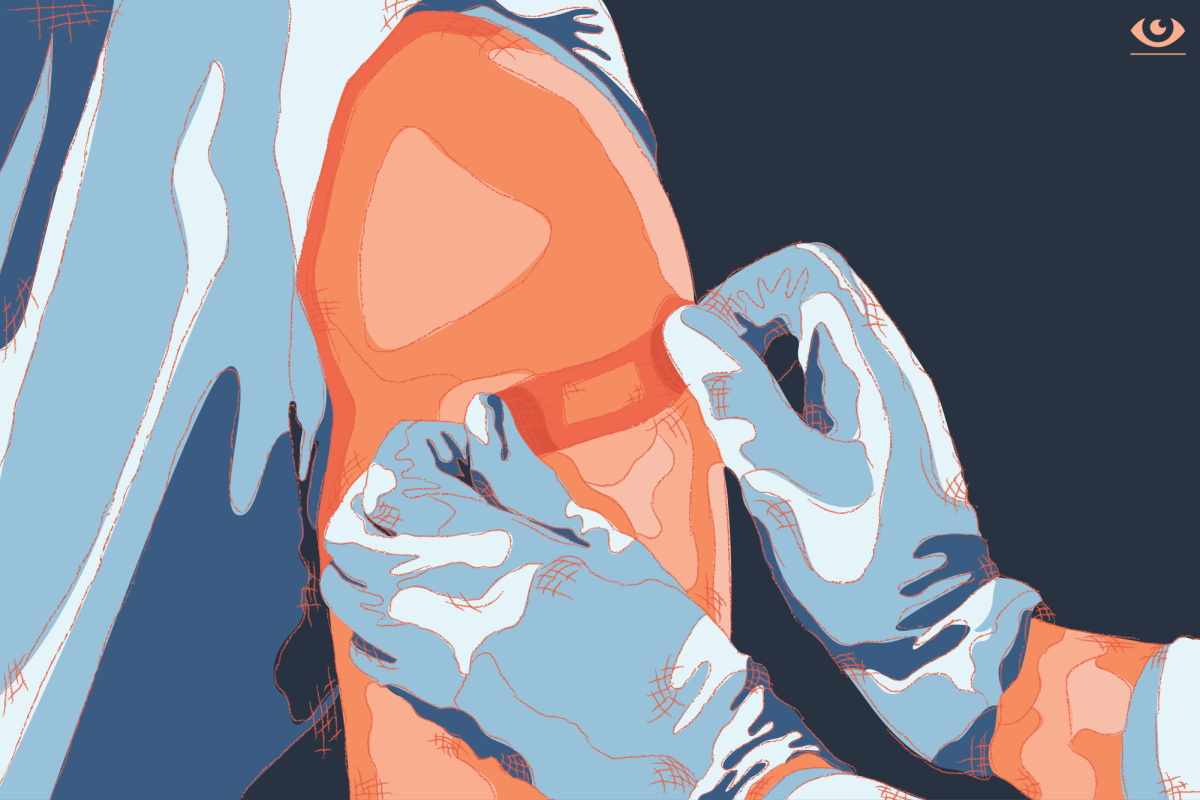As students, we may hear a lot about the major constitutional rights cases of the past, from Tinker v. Des Moines to Hazelwood v. Kuhlmeier, many of which have included young adults just like us. What we may not always recognize, however, are the gray areas in our own current political sphere, featuring court cases and legislation that is meandering below the mainstream discussion of our peers yet is also paving the way for history lessons of generations to come. In a rapidly changing era of information and communication, we see the benefits of greater spotlight on our government and calls for transparency—but we’re also faced with the new, rather troubling concern of allowing an issue of imperative importance to pass over us as we move on to the next headline or Twitter moment.
We have a unique position in the conversation of change and progress in our communities due to our stake as young adults in the age of technology. We can begin to take our own positions by educating ourselves on the questions of corruption and violation of constitutional rights that are present in our own state government.
The executive branch of Kentucky’s government has raised questions of 1st Amendment infringement through Governor Matt Bevin’s blocking of various citizens and Frankfort legislators who identify with marginalized groups. Attica Scott, who is the first black woman to take office in Kentucky’s legislature in approximately 20 years, brought light to her specific case. She recognized that by blocking her, he was effectively silencing a crucial voice speaking for many groups without direct representation otherwise in the legislature.
The governor and his administration additionally did not see issue in blocking citizens discussing political topics on Bevin’s government official social media platforms, like his official Facebook and Twitter accounts, as a violation of free speech. The citizens have filed a lawsuit with the American Civil Liberties Union (ACLU) of Kentucky, and Kentucky Attorney General Andy Beshear said that Bevin violated the state’s Open Records Act by digitally blocking Kentucky citizens. While Bevin’s administration said that he is within his rights to prevent “profane, obscene or clearly off-topic comments,” the ACLU of Kentucky and Beshear have raised concerns about the lack of transparency over the key-word filters used to determine which comments and accounts violate their policies.
https://twitter.com/atticascott/status/942734047792521216
https://twitter.com/atticascott/status/942736003726479361
Constitutional concerns have reached the realm of student rights as well in the state legislature. Last year, the government passed a law that was applicable to state public schools and that had the potential to enable discrimination, like rejection from joining clubs, against LGBTQ+ students on the basis of the freedom of student groups to “express religious views.” This law has already drawn questions about violating school-instituted fairness policies to prevent discrimination. No student should feel unwelcome in their own school, and students’ identities should not be a point of contention or seen as lesser than the identities of other students. But the question remains—what can and will we do to address these constitutional questions?
In an era of rapid social media consumption of information, recognizing corruption in our government systems has become a task not just for adaptive journalistic organizations, but also for the citizens who form the backbones of these governments. It is easy to dismiss the job of change as a dispute for the politicians alone or to get caught up in the developing “slacktivist” culture in which we may provide a facade of support to a movement or cause by only “liking” or “retweeting” on social media—neither of which lead to any tangible progressive change. However, this product of social media only serves as an issue when social media usage is the sole tool of the activist. As students, we have an innately powerful stance in society to enact change through both our presence on social media to raise awareness and our more tangible methods for change.
I call upon our student generation, the namesake leaders of our future, to recognize their leadership right now: vote, lobby at the capitol, write letters, protest, organize rallies, call our politicians, call out our politicians on social media, sign and spread petitions, signal boost research and current events, do your own research, submit your thoughts on the political climate to publications, start clubs and community groups and do so much more with the unique stake we hold as citizens of our state. It is our job, too, to remind Frankfort that regressive, unconstitutional policies will not only be noticed but also be met with droves of outspoken voices in response.
Featured image citation: “Shimer College dialogue transparency 2010” by Linda Goldstein via Wikimedia Commons is licensed under CC BY-SA 3.0. No changes were made to the original image. Use of this photo does not indicate photographer endorsement of the article.






